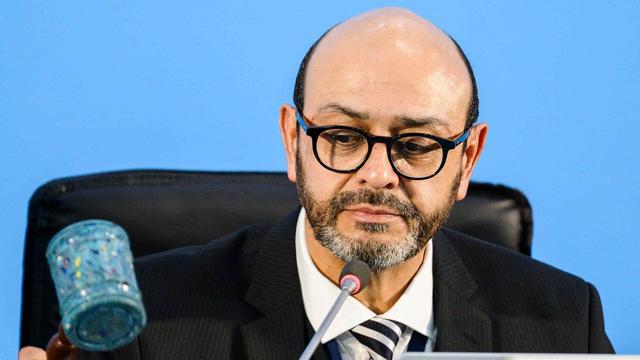Global Plastics Talks Collapse

The Spin
Narrative A
Failure to secure a binding Global Plastic Treaty harms everyone. The next meeting must definitively counter fossil fuel influence and push for global targets to cut plastic production. The concrete pledges that are required include banning single-use plastics, promoting reuse, reducing harmful chemicals, and ensuring fair financing. A strong, effective treaty is achievable, and member states must act decisively to protect people and the environment.
Narrative B
Plastic is a serious problem, but bans aren't the solution. They've been shown to increase the use of thicker plastics and lead to higher carbon footprints from alternatives like paper bags. Rather than pursuing the impossible task of forcing a global ban, we should utilize proven alternatives — such as microplastic removal technologies, plastic-infused roads, and solar-powered beach-cleaning robots. These are more effective and scalable projects that everyone can support.
Metaculus Prediction
There is a 38% chance that space-based technology will enable effective enforcement of the UN High Seas Treaty to reduce marine pollution and protect marine ecosystems before 2027.